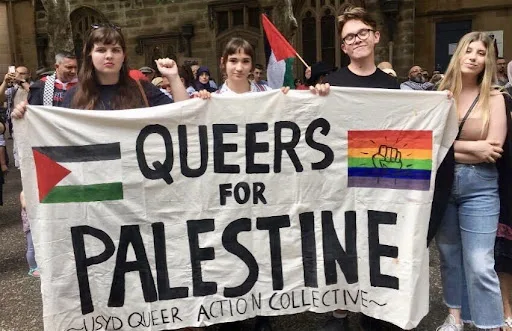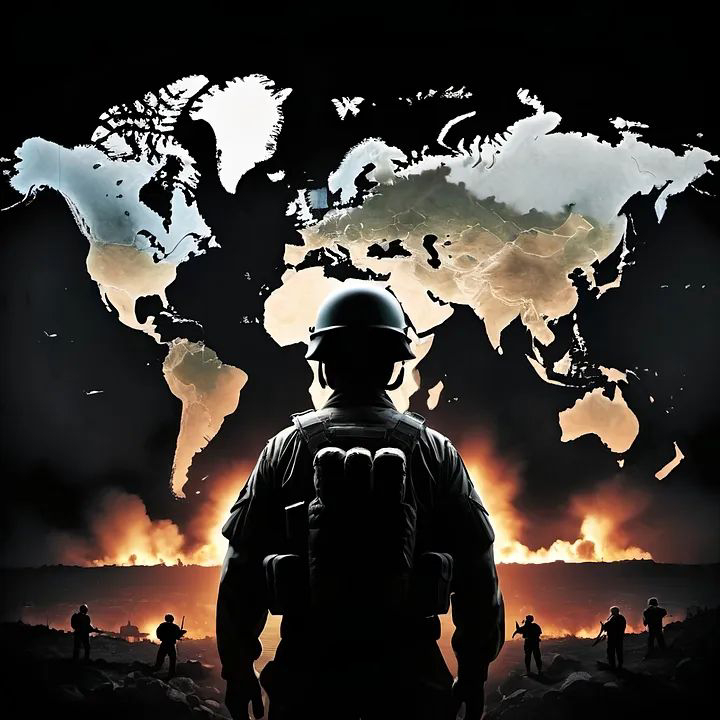The Selective Outrage of the World: A Reflection
I remember the first time I asked my Muslim friends a simple question: Do you think you're privileged compared to women in strict Muslim countries?
It wasn’t meant to offend. It was an honest question, based on what I had seen, read, and understood about the struggles women face in places like Iran, Afghanistan, and Saudi Arabia. But instead of an open conversation, I got dodging, deflecting—almost as if the topic itself was forbidden. And maybe, in a way, it was.
Because the truth is, there are places in the world where women don’t have the freedoms my friends take for granted. They can walk freely, laugh openly, pursue education, and even talk to men—things that, in strict Islamic nations, could come with severe consequences. And yet, when I brought this up, it was as if I was speaking a foreign language.
But that’s the thing, isn’t it? Some struggles are recognized, amplified, and fought for, while others are ignored. Some conflicts get flags raised in solidarity, while others are met with silence.
The Hypocrisy of the Palestinian Crisis
Since October 7th, the world has been consumed by the Israel-Palestine war. And yet, what frustrates me most is the way people have chosen sides without understanding the full picture. The attack by Hamas—the terrorist group that controls Gaza—was brutal. It wasn’t just an attack on Israel; it was an attack on the very people it claims to represent. Hamas has been oppressing Palestinians for years, controlling them with fear and violence. And yet, instead of condemning the group responsible, the world chose to chant Free Palestine without questioning from whom and for what purpose.
This isn’t about denying Palestinian suffering. Innocent people—on both sides—have lost their lives. But why is this the only war the world seems to care about? Muslim countries have been at war for years—Yemen, Syria, Sudan, Afghanistan. Where were the protests for them? Where were the flags? Where was the outrage?
The Double Standards in Activism
It’s almost laughable how many people—especially Western liberals, celebrities, and even the LGBTQ+ community—have thrown their support behind Palestine without realizing that, under Hamas and other Islamist regimes, they themselves would be persecuted. And yet, they stand with a system that would never stand with them.
Even independent voices I once respected, like Candace Owens, jumped onto the “genocide” narrative without fully acknowledging how this all started. Yes, civilian deaths are tragic, but ignoring who fired the first shot and why makes the conversation one-sided.
Islam, Women, and a Hard Truth
Another thing that gets buried under political correctness is the reality of life for women in Islamic countries. My Somali friends, for example, get to enjoy freedoms that women in strict Muslim nations could never dream of. They can wear colorful clothes, show their necks, talk to boys, pursue careers. But when I ask them about the struggles of their fellow Muslim women abroad, they either stay silent or act as if it doesn’t exist.
And yet, we know the truth. In places like Iran, women are arrested—or worse—for removing their hijabs. In Afghanistan, girls are banned from schools. In Saudi Arabia, a woman’s testimony in court is worth half that of a man’s. These are not just “different cultural practices.” This is oppression.
And what frustrates me most? When non-Muslims visit these countries, we have to follow their laws—cover up, obey the rules, pay heavy fines. But when Muslim immigrants move to non-Muslim countries, they demand the right to practice their religion freely. Why is it that tolerance only goes one way?
Wrapping It Up
I’ve had enough of the selective outrage. Enough of the hypocrisy. Enough of people blindly supporting causes without questioning the full picture.
Yes, war is tragic. Yes, innocent lives matter. But until people start looking beyond headlines and actually thinking for themselves, history will continue to repeat itself.
The question is—who is really free, and who is still trapped?
Disclaimer:
All the images in this blog are used for educational purposes only.










No comments:
Post a Comment